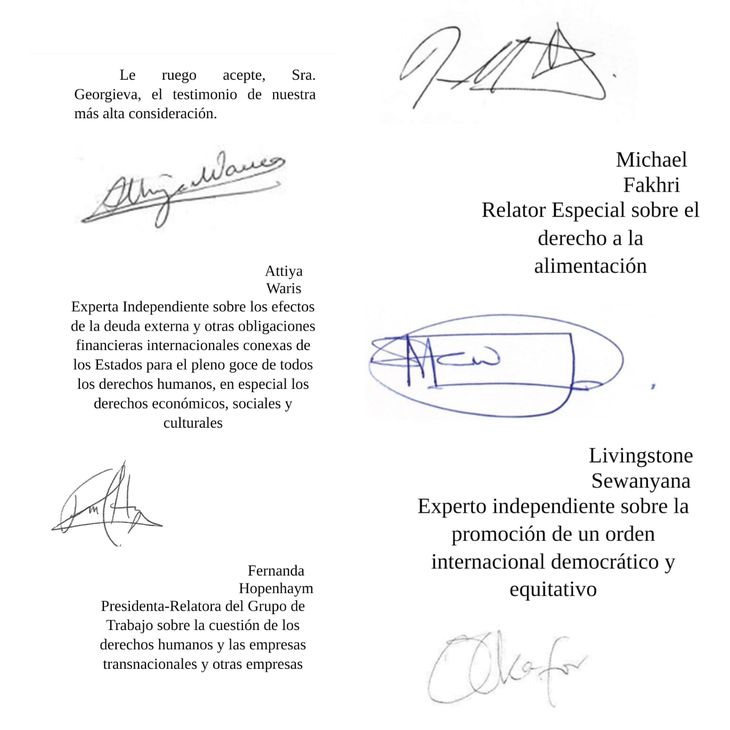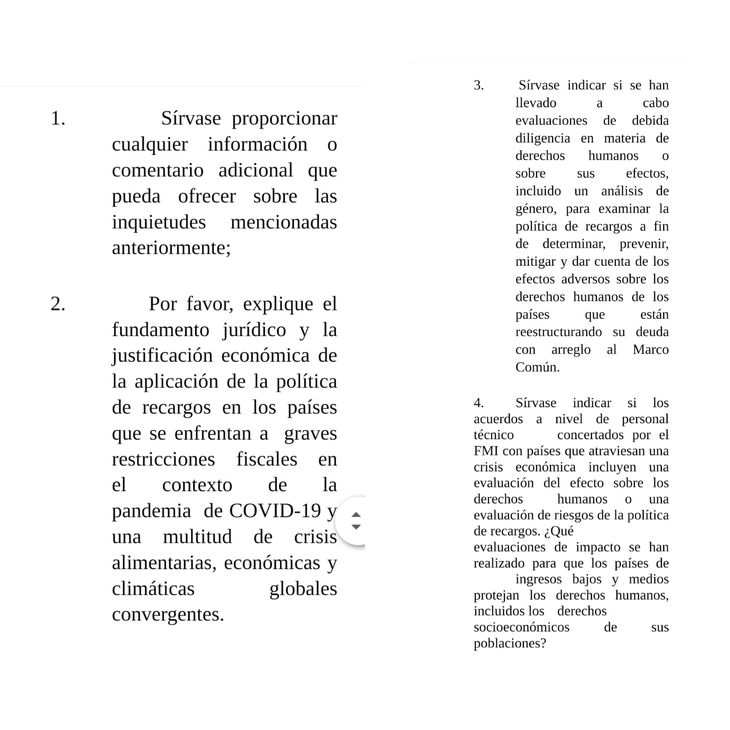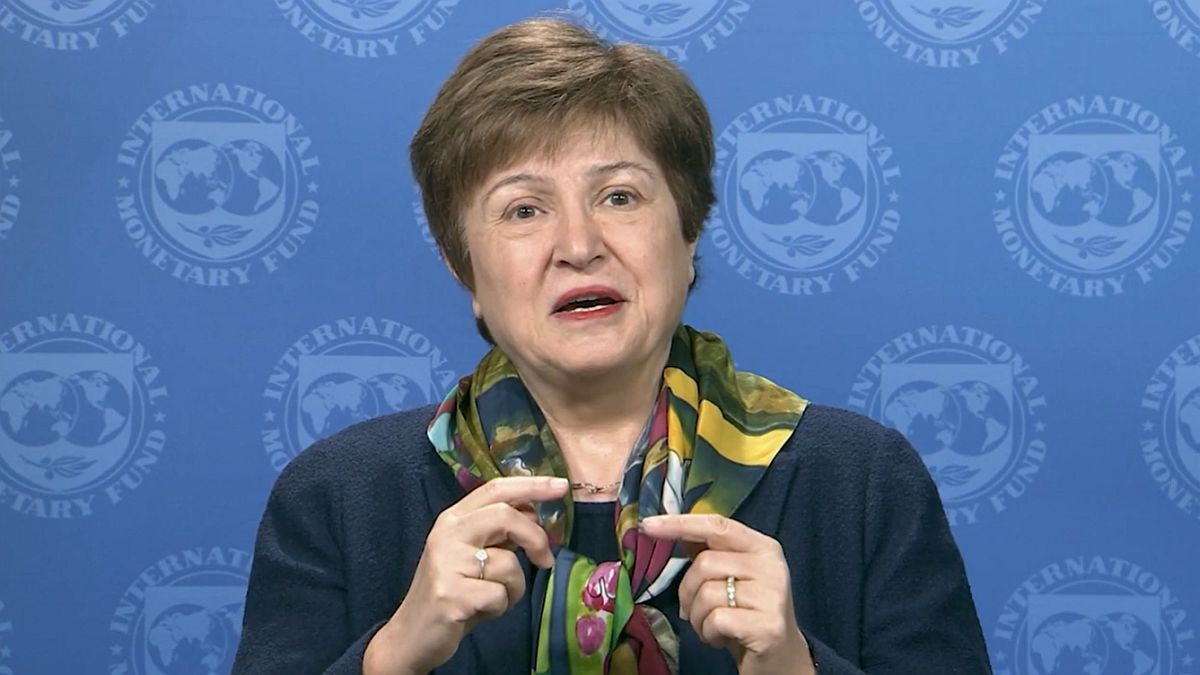According to the signatories of the note, “Instead of providing assistance, surcharges are doubled on countries already facing severe liquidity constraints and on the verge of defaulting on service of their debt burdens”, so “it is a contradictory and inconsistent strategy with respect to the objectives of achieving debt sustainability in the future”.
fmi B.png
According to the group of experts, it is “particularly worrying” that this issue has not been reviewed “even in a global scenario marked by multiple simultaneous crises, such as the covid-19 pandemic, the food security crisis, climate emergencies, various wars and humanitarian conflicts”.
The IMF’s surcharge policy consists of charging an additional rate on loans granted that arises from comparing the credit obtained against the quota of the country requesting the credit. In this way, the larger the gap and the longer it is sustained over time, the higher the surcharge, which particularly affects low- and middle-income countries with high levels of indebtedness to the agency.
Some 300 basis points of the 4.25% interest rate paid by Argentina correspond to surcharges. In the Government they estimate that this implies some $1 billion extra per year during the life of the loan. In 2022, it is estimated that the countries affected by this policy would require US$311 billion to service their external public debt, which represents approximately 13.6% of their combined public revenue.
WhatsApp Image 2022-09-12 at 19.10.36.jpeg

A concrete precedent to this UN request is the 2021 G20 summit, when after intense diplomatic work by President Alberto Fernández and Foreign Minister Santiago Cafiero, the leaders of the member countries requested in their final declaration the review of the policy of surcharges of the International Monetary Fund. “This endorsement values the importance of the discussion that Argentina raised in Rome”, they highlighted from the Foreign Ministry.
Then, on December 16, 2021, in an internal Fund discussion on the appropriateness of precautionary balances, in which the role of surcharges as part of the risk management framework was analyzed, the interest of some Directors was highlighted for “providing temporary relief to borrowing members in light of the health and economic challenges posed by the pandemic.”
At the end of their letter, the UN representatives ask Georgieva to explain “the legal basis and the economic justification for the application of the policy of surcharges in countries facing severe restrictions. taxes in the context of the COVID-19 pandemic”. They also ask you to “indicate whether human rights and debt sustainability assessments have been carried out to examine the surcharge policy.” Finally, anticipate that they will make all such information public within sixty days.
WhatsApp Image 2022-09-12 at 19.10.51.jpeg

Source: Ambito
David William is a talented author who has made a name for himself in the world of writing. He is a professional author who writes on a wide range of topics, from general interest to opinion news. David is currently working as a writer at 24 hours worlds where he brings his unique perspective and in-depth research to his articles, making them both informative and engaging.




